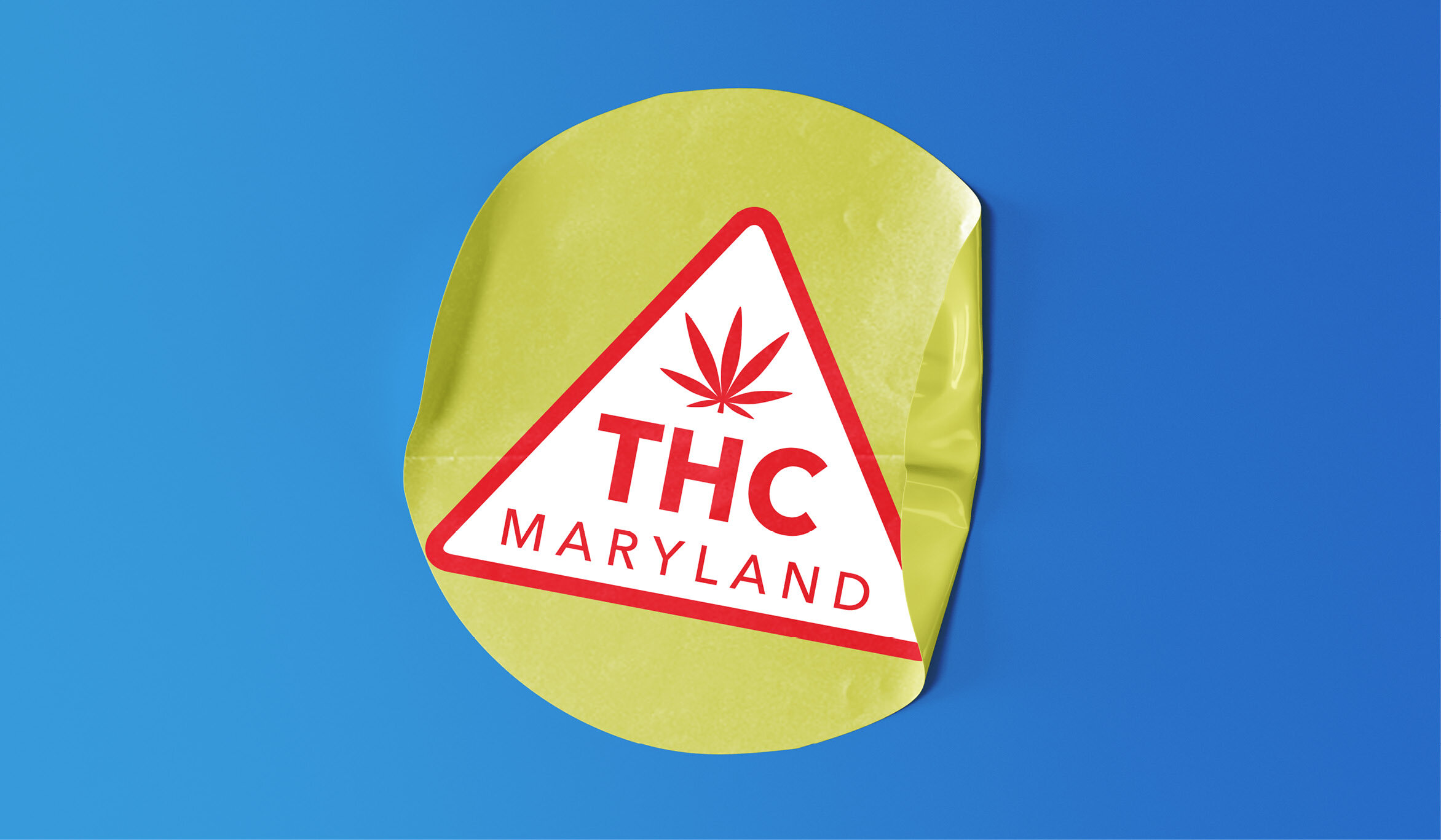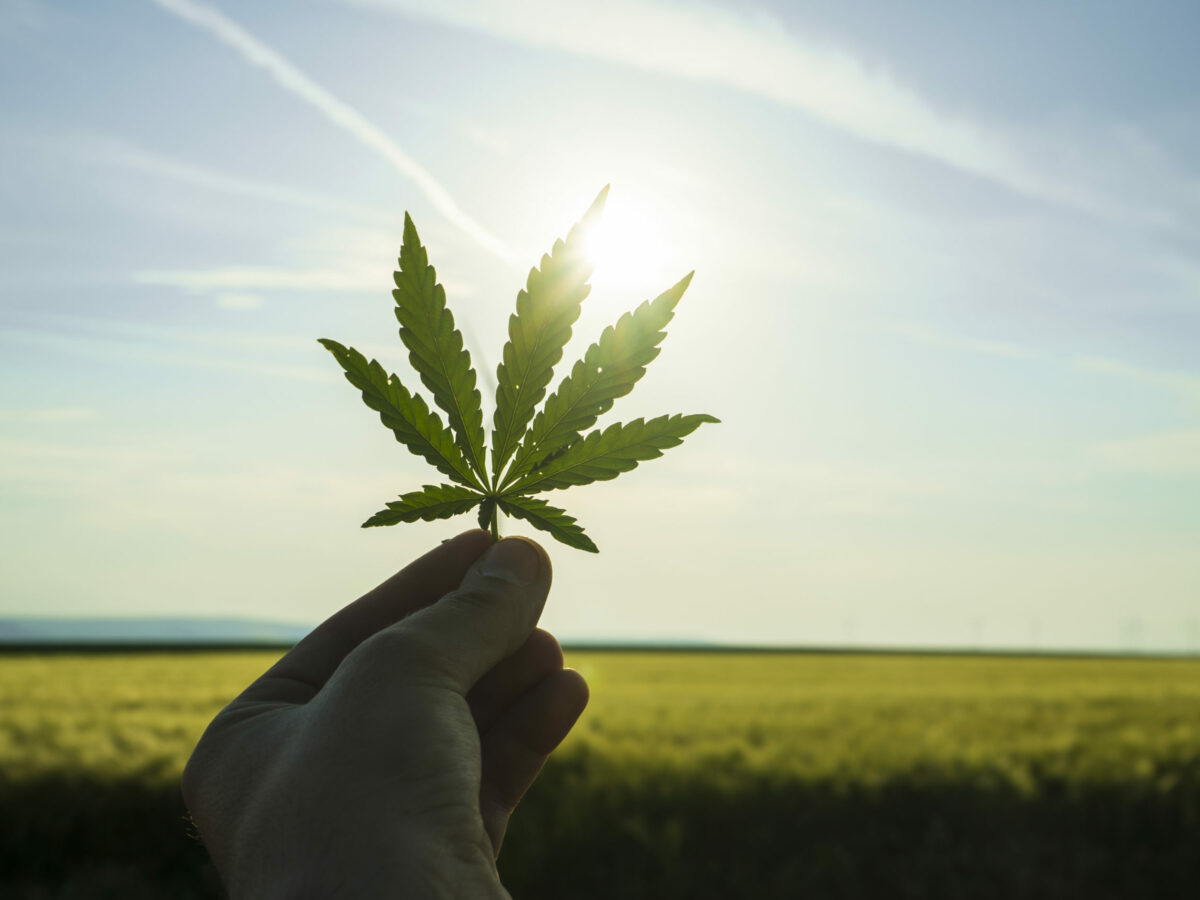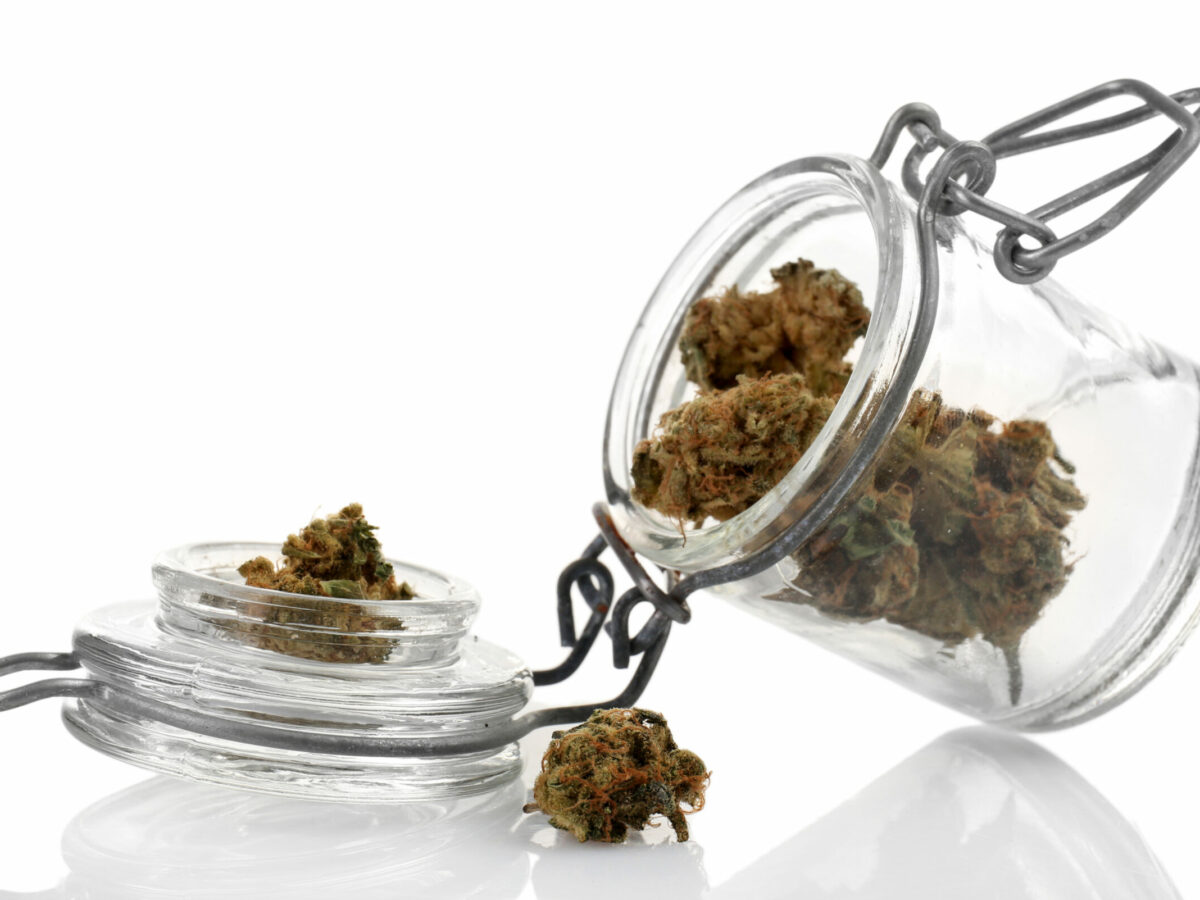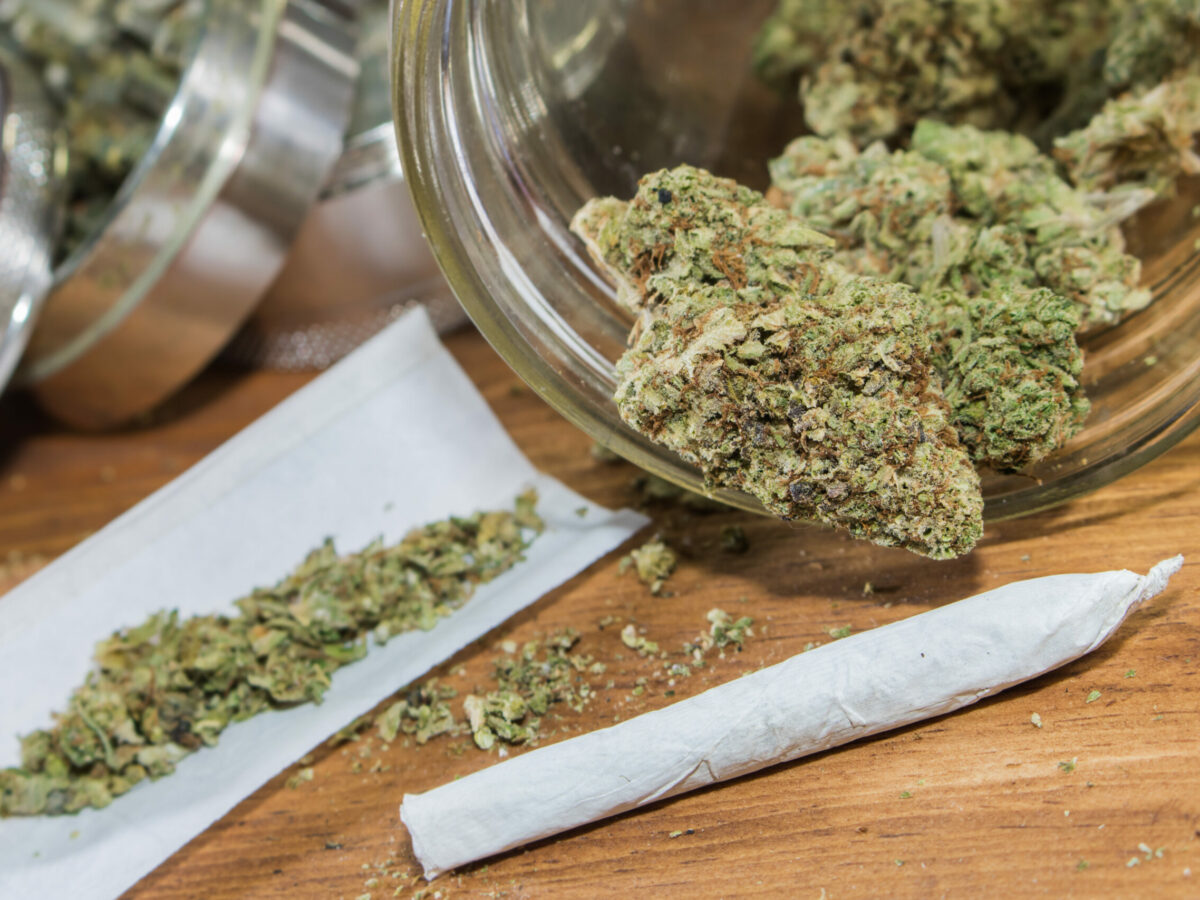Maryland lawmakers are walking back legislation to more tightly regulate Delta-8 THC products statewide after a flood of pushback from the local hemp industry.
Sen. Brian Feldman (D-Montgomery County) and Del. Joseline A. Peña-Melnyk (D-Prince George’s and Anne Arundel counties) in February filed bills that would have restricted who can grow hemp and sell hemp-derived products. Their emergency legislation would have prohibited growing hemp plants that exceed a 0.3% concentration of Delta-8 THC, a hemp-derived compound that’s sold as a popular (and legal) alternative to more psychoactive Delta-9 THC. It would have also classified Delta-8 products with 0.3% or higher levels as “marijuana” or “medical cannabis” and brought them under the regulatory purview of the Maryland Medical Cannabis Commission (MMCC), among other changes.
But after fielding weeks of criticism from industry leaders, Feldman said Monday they are “converting” the bills by scrapping existing language and instead calling to create a workgroup to study the issue. If approved, the legislation would require the MMCC and Maryland Department of Agriculture “to study and then make specific recommendations on how to classify and regulate Delta-8 and any other artificial synthetic or naturally occurring products in this lane in Maryland,” Feldman said.
His bill is set for a hearing Thursday at 1 p.m. in the Senate Finance Committee, and Peña-Melnyk’s legislation is set for a March 9 hearing in the House Health and Government Operations.
Feldman and Peña-Melnyk introduced the initial measures amid concerns from constituents and state cannabis regulators about the lack of regulation for Delta-8 products, particularly ones sold at gas stations and convenience stores, sometimes to minors. (Maryland currently has no age restriction for purchasing Delta-8 goods.)
But shop owners and growers argue the products are more often than not sold at CBD stores with higher safety standards that include tracking where their hemp comes from, carefully labeling items, and sending out products to independent testing labs to check for heavy metals, pesticides, and more. As a result, hemp retailers and growers said the attempted crackdown would have effectively forced dozens of responsibly-operated companies out of business by only allowing licensed medical cannabis dispensaries to sell Delta-8 goods.
“We were not against the intention of the bill. We were against the way they were going about it,” said Nicholas Patrick, who operates three hemp product stores under the Embrace CBD Wellness Center brand, and worked with Georgetown Hemp in Washington D.C. to circulate a press release and petition and lobby against the bills. “We are for common-sense regulation. We believe we need to keep these products out of the hands of kids.”
Patrick noted the 2018 federal farm bill and Maryland laws legally protect hemp cultivation, and said Feldman and Peña-Melnyk’s original bills threatened those protections by placing caps on who can grow the plant. Maryland lawmakers have expanded the industry’s ceiling in past years by allowing hemp to be grown as “an agricultural commodity” and continue to push for it to be treated as a legitimate cash crop by state agriculture regulators. The state has also seen new industry coalitions and trade groups form to represent retail, growing and processing businesses in the fledgling sector.
In addition to worrying that the bills would hurt businesses, Patrick also worried about fallout for customers who would have had to pay to register and be certified as medical cannabis patients. He predicted they would also have to pay higher prices in dispensaries, which operate in a market with state-imposed caps on retail licenses.
In their petition and lobbying efforts, hemp retailers have attempted to draw a distinction between themselves and the convenience stores often cited as the problem, particularly for selling items to teenagers.
“There is a better way to go about this that would not cause our industry so much loss and inflict so much unnecessary damage on its participants,” read the online petition, which drew more than 1,100 signatures. “Simple. Stop letting irresponsible people sell it in places that minors have access to and allow businesses who are responsible to continue to operate by selling these federally legal and fully compliant, thoroughly tested products. Again, we want regulation, we just want it the right way.”
Feldman told The Outlaw Report the response from industry interests “seemed organized. It’s hard from the outside to look in if we’re talking about a big group or a real vocal small group,” he noted, but “I started to get a sense of a dividing line.”
As amended, his and Peña-Melnyk’s bills will call for creation of a workgroup commission to study issues around Delta-8 products and come back with recommendations by Jan. 1, 2023. The senator added that by then, Maryland will likely have approved an adult-use cannabis legalization measure and will be shaping more elements of a regulatory framework for the forthcoming recreational market, which could potentially affect rules for Delta-8 products.
“There’s a lot of moving parts in terms of trying to come up with a bill for this year that injects some regulation, so right now we probably need some more time to figure that out,” Feldman said.
Patrick hopes that a study and resulting policies could effectively “thin the market out” of bad actors selling untested items and to minors.
“Once that’s all done, we believe it will be good for the consumer at the end of the day,” he said.



